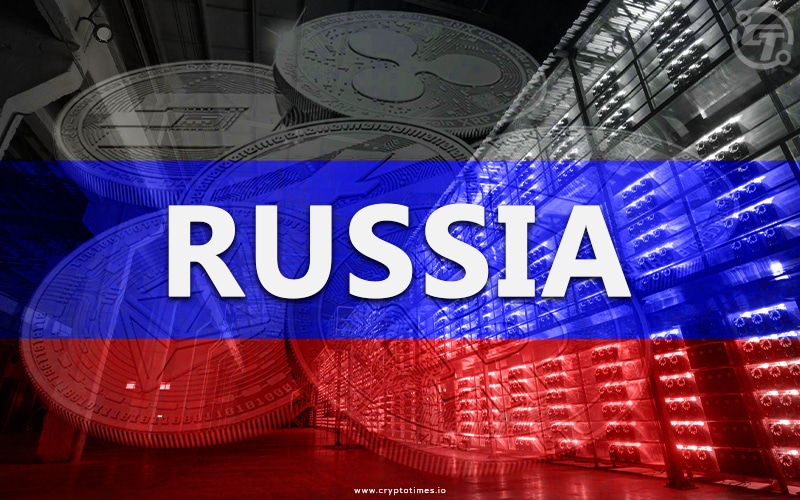In Brief:
- Legislation is expected to be drafted no later than February 18.
- The use of crypto will be possible after identity checks are completed through the country’s banking system or licensed intermediaries.
- Operations costing more than R 600,000 ($8,016) will need to be declared.
The Russian government and the Russian Central Bank have reached an agreement on how to regulate cryptocurrency.
They are currently working on a draft law that will define cryptocurrency as an “analog of currencies” rather than Digital Financial Assets (DFA), with a deadline of February 18th.
Crypto will only be usable “in the legal sector,” with full identification, through the banking system, or through licensed intermediaries.
The state will regulate the circulation of digital currencies in Russia, “with strict obligations for all participants in the professional market and an emphasis on protecting the rights of ordinary investors.”
This is stated in a press release issued by the Russian Federation’s government, which is dedicated to the adoption of the concept of regulating the circulation of digital currencies.
It appears that crypto transactions worth more than 600,000 rubles (approximately $8,000) will need to be declared or will constitute a criminal offense. Fines will also be levied against those who illegally accept cryptocurrency as payment.
This system provides for, inter alia:
- The introduction of regulatory concepts in the field of electronic/digital currencies.
- The approval of requirements for licensing cryptocurrency platforms.
- The classification of investors as qualified or unqualified.
It should be noted that the goal of regulation is to integrate the mechanism for digital currency circulation into the financial system while maintaining control over cash flows.
Also, it is suggested that cryptocurrency transactions be monitored using the ‘Transparent Blockchain’ service, which allows determining the parameters of “normal,” suspicious, and high-risk transactions, as well as tracing the movement of digital financial assets.
The system can create a database of cryptocurrency wallets linked to illegal activities and terrorism financing, identify service providers involved in the concealment of funds obtained through criminal means, and identify and classify participants in cryptocurrency transactions using data from open sources.
In order to conduct transactions for the purchase or sale of digital currency, the client must be identified and open an account with the organizer of the digital currency.
This comes after the Bank of Russia pushed for a blanket ban on crypto but with tax policies and regulations, Russian President Vladimir Putin bolstered support for crypto mining. The news came as a relief to cryptocurrency miners, who had been fearful of a central bank ban.






